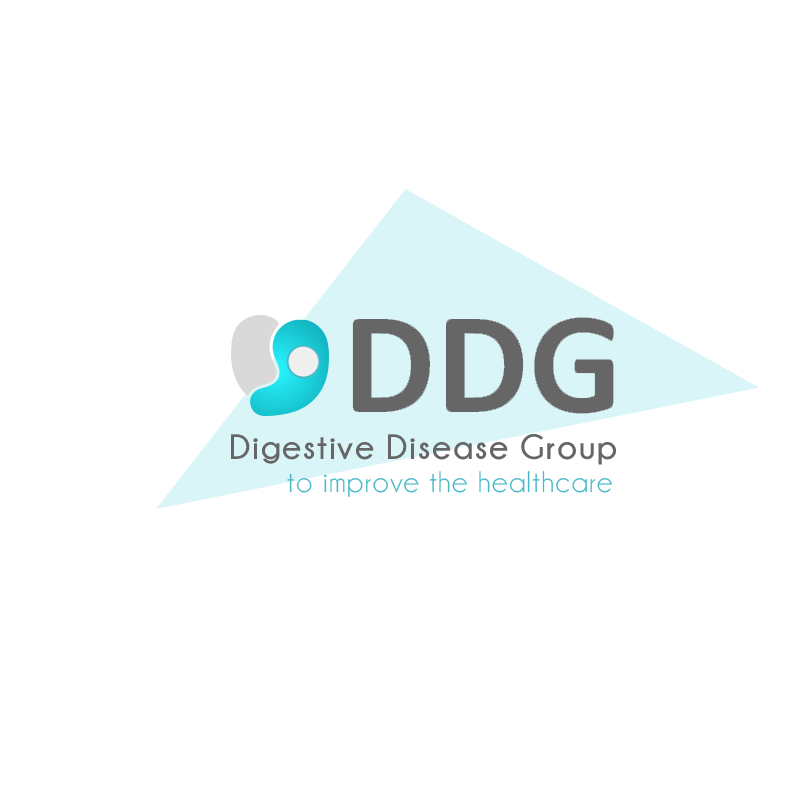
All about the immune system in 4 points
14 December 2020
How can I boost my immune system ?
18 January 2021Vitamin C, also known as ascorbic acid, is a water soluble nutrient, it is present in many fruits and vegetables and is according to experts one of the safest and most effective nutrients it presents. many benefits for the body.
Knowing that the human body can neither produce nor store vitamin C, it is essential to consume sufficient quantity regularly.
Find out about the benefits of vitamin C, the symptoms of vitamin C deficiency, and the different foods and places to find it below.
What are the benefits of vitamin C ?
The benefits :
Here is a non-exhaustive list of the benefits of vitamin C:
1. May reduce the risk of chronic disease
Vitamin C works as a powerful antioxidant in the body, helping to protect cells from damage caused by free radicals.
Free radicals are compounds formed when our bodies convert the food we eat into energy. People are also exposed to free radicals in the environment from cigarette smoke, air pollution, and ultraviolet rays from the sun.
When free radicals build up, they can cause oxidative stress, which is linked to many chronic diseases.
It has been shown in numerous studies that consuming enough vitamin C can increase your level of antioxidants in the blood by up to 30%. This helps the body’s natural defenses to fight inflammation.
2. Strengthens the immune system
The number one reason people take vitamin C is to strengthen their immune system. Because it acts on many levels on our immune defenses:
- Encourages the production of white blood cells (lymphocytes and phagocytes), which help protect the body against infections.
- Makes collagen, a protein necessary for healing and healing wounds.
- Acts as an antioxidant and helps strengthen skin barriers.
- Improves absorption of iron from plant-based foods and helps the immune system to function properly to protect the body from disease.
3. May reduce the risk of heart disease
Heart disease can be caused by different factors such as: high blood pressure, high levels of triglycerides or cholesterol (bad cholesterol) and low levels of (good) cholesterol.
If you do not eat a diet rich in vitamin C, taking at least 500 mg of vitamin C per day may help reduce the risk of heart disease.
How much should I take?
You should know that the average amount of consumption recommended daily for adults is between 75 and 95g. However, studies conducted by Dr. Moyad and his colleagues used 500 milligrams of vitamin C per day for health results.
In order to get all the benefits, Dr. Moyad therefore recommends that we take a dietary supplement of 500 milligrams of vitamin C per day as well as eat five fruits and vegetables.
What are the symptoms of deficiency ?
- Asthenia: low energy, general fatigue, depression and concentration problems
- Lack of appetite
- Weightloss
- Connective tissue abnormality (gingivitis, rash, healing problems, internal bleeding, etc).
- Joint pain
- Bone growth can be impaired in infants and children.
In the worst case, people who take little or no vitamin C (less than about 10 mg per day) for several weeks can get scurvy.
What foods are rich in vitamin C ?

1. Guava
Guava is a tropical fruit rich in antioxidants, vitamin C, potassium and fiber. Thanks to its rich supply of nutrients, guava confers many health benefits such as: Blood sugar control (for people with diabetes), can help relieve menstrual pain, helps prevent constipation, helps with weight loss (low calorie food), can boost the immune system thanks to its high level of vitamin C, etc.
2. The kiwi
The kiwi is a fruit with a sweet and tangy taste, it is generally eaten without its skin, but its skin is also edible. It is rich in vitamins C, dietary fiber and antioxidants.
Like guava, it is low in calories and has many health benefits including heart health, digestive system, and immune system.
Thanks to its richness in antioxidants, it helps eliminate free radicals in the body and reduce oxidative stress and protect the body against inflammation and disease.
3. Chili Peppers
Chili peppers are known for their ability to improve the taste of any meal, to add a touch of spice. They are often used as a spice and can be cooked, powdered or dried.
They contain a lot of vitamin C and help to: fight inflammation, burn fat for weight loss, protect heart and cardiovascular health, improve digestive health and soothe intestinal diseases, etc.
4. The strawberries
In addition to being juicy and delicious, strawberries are great foods rich in nutrients and high in antioxidants (vitamin C, manganese, flavonoids, folic acid, etc.).
It is a food of choice for people with diabetes because it does not raise blood sugar quickly.
Strawberries also reduce the risk of cancer, vascular disease and diabetes thanks to vitamin C which helps strengthen the body’s defense.
5. Oranges
Orange is a low calorie and highly nutritious type of citrus fruit and is known to have many health benefits. Thanks to its sweetness and the different possible uses, it is one of the most consumed and appreciated fruits.
Oranges are known for their vitamin C content but also have many antioxidants that can reduce inflammation and act against disease.
6. Broccoli
Broccoli is a cruciferous green vegetable that can be eaten raw or cooked and is low in calories. It is rich in nutrients (fiber and protein): contains iron, zinc, potassium, calcium, magnesium and vitamins A, C, E, K, B, etc.
Eating raw broccoli promotes good digestive health and feeds the various beneficial bacteria in the gut that are related to the anti-inflammation and immunity.
eating it while steaming helps reduce the risk of cardiovascular disease.
Everything You Need to Know About Vitamin C: Its Benefits and Food Sources
Vitamin C is essential for the immune system, skin health, and wound healing. At DDG Clinic in Brussels, we emphasize the importance of a diet rich in Vitamin C through fresh fruits and vegetables like citrus fruits, kiwis, bell peppers, and broccoli. Discover how to incorporate these foods into your daily routine to enjoy all the benefits of Vitamin C.





